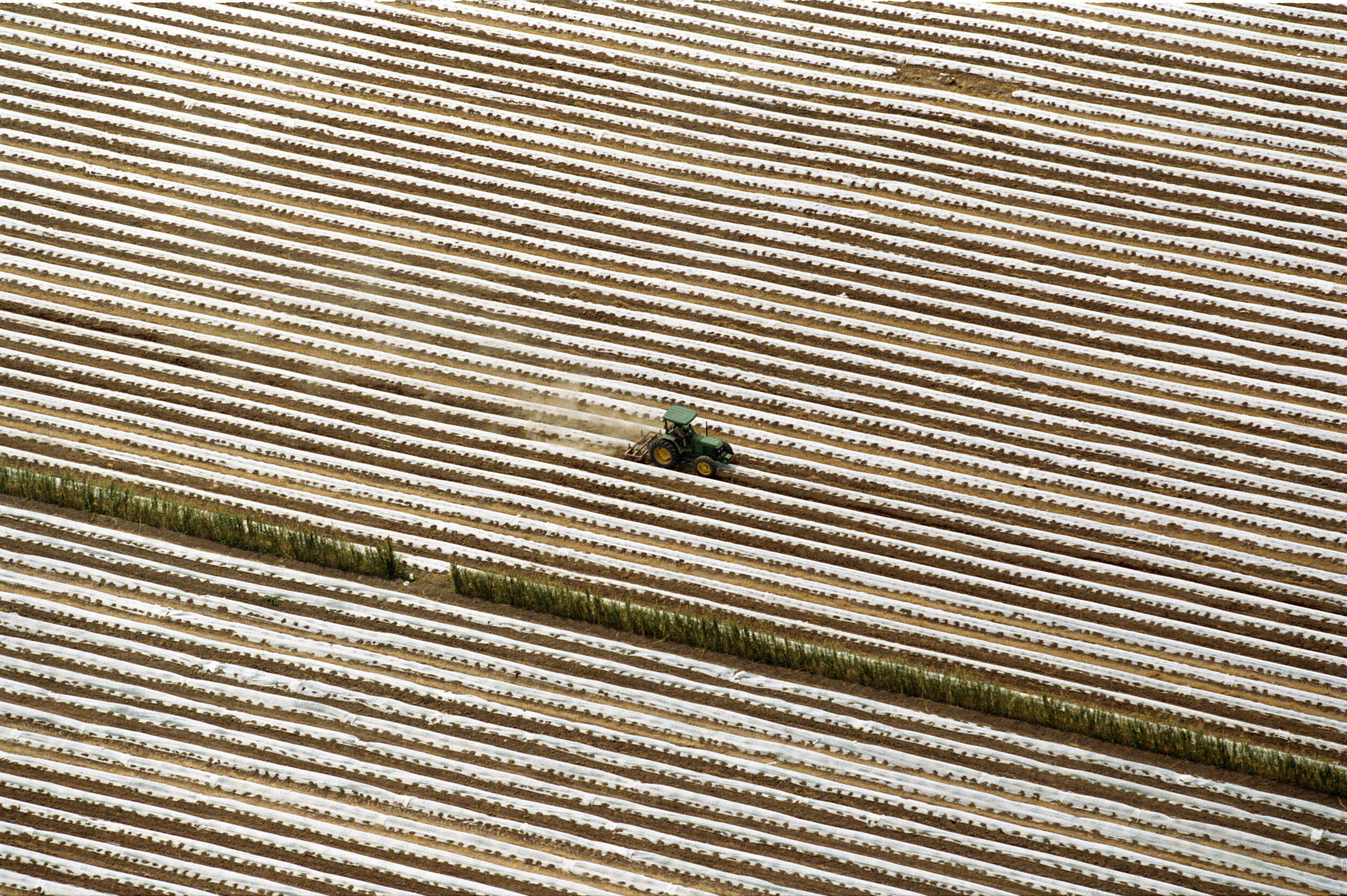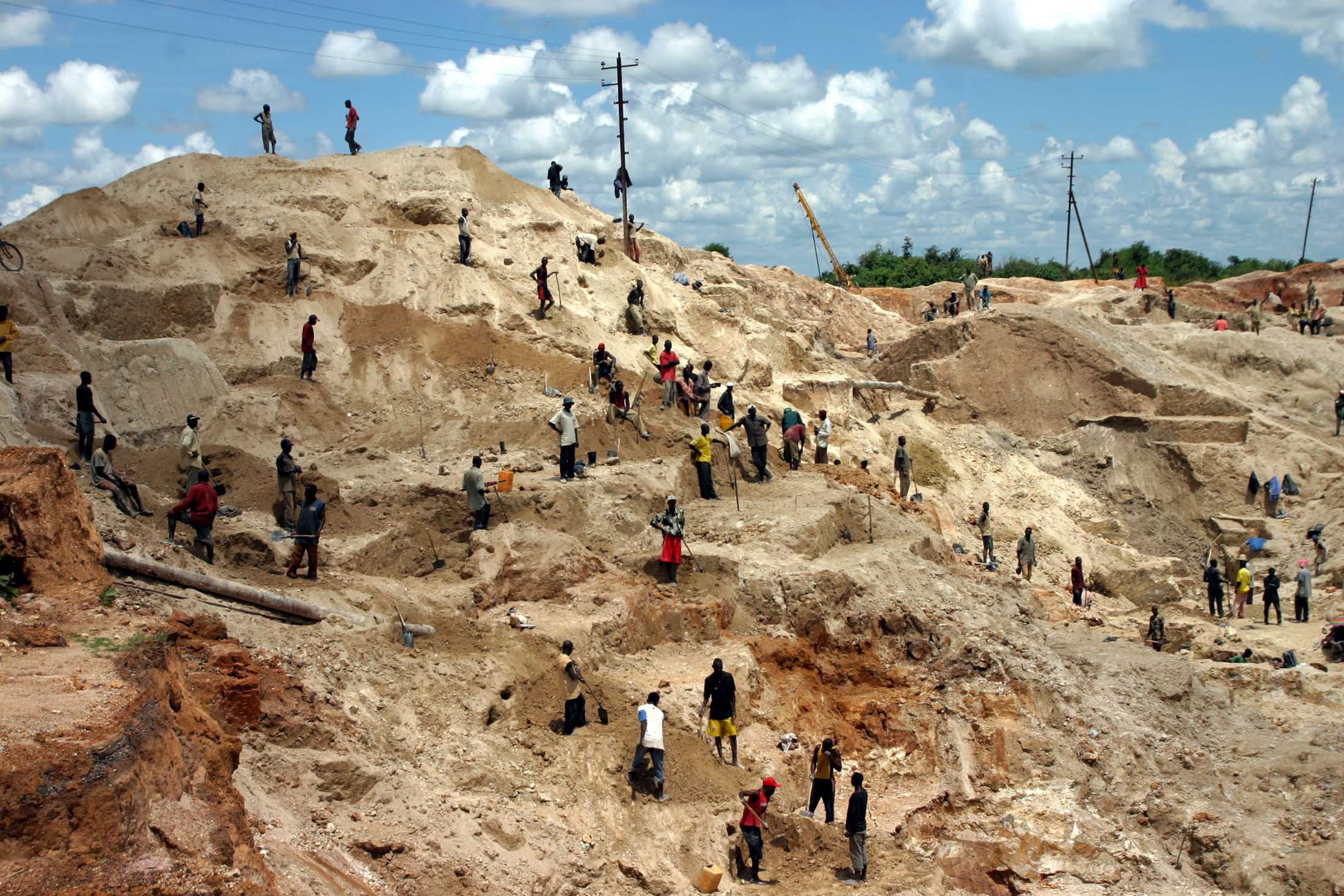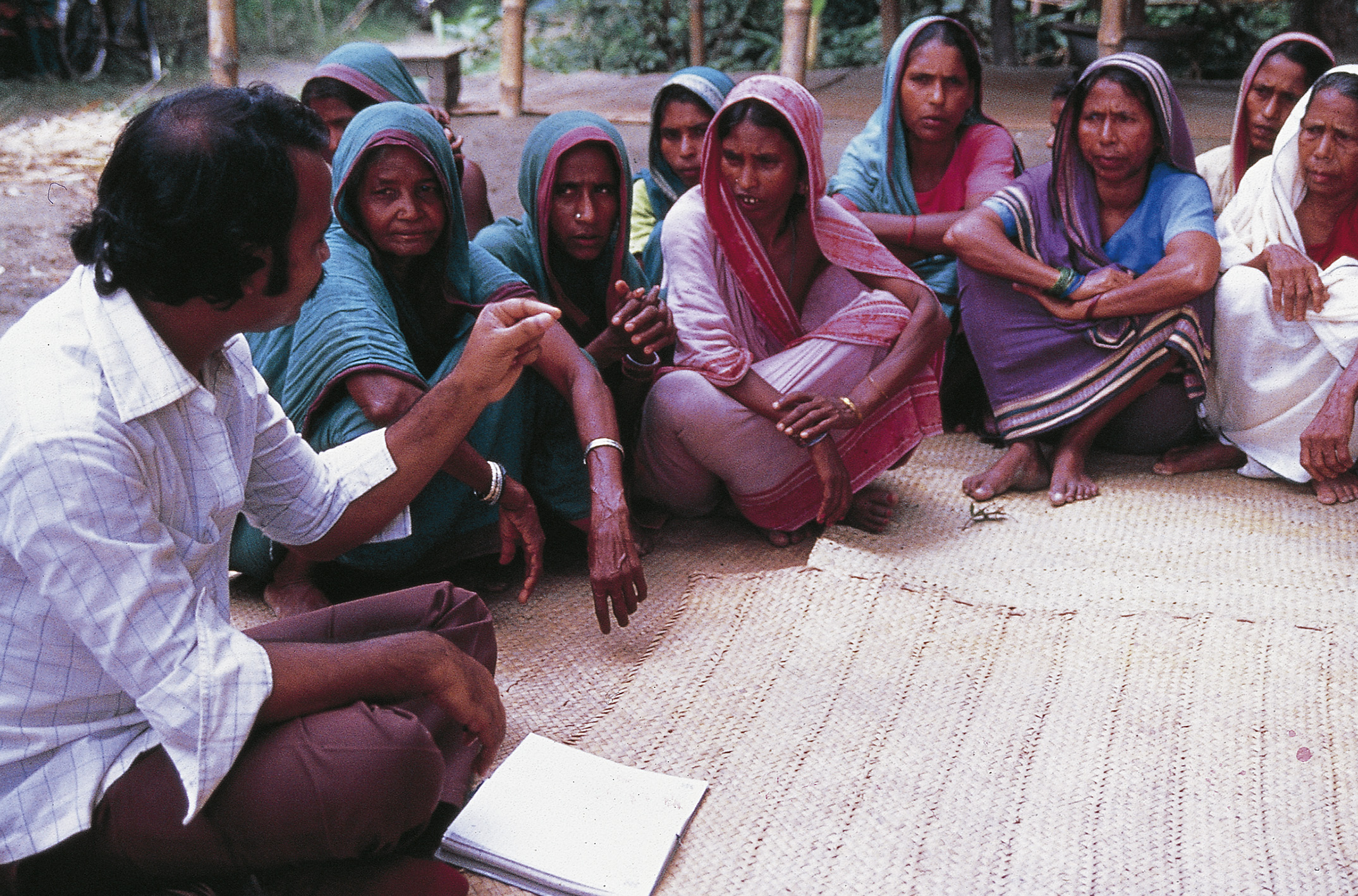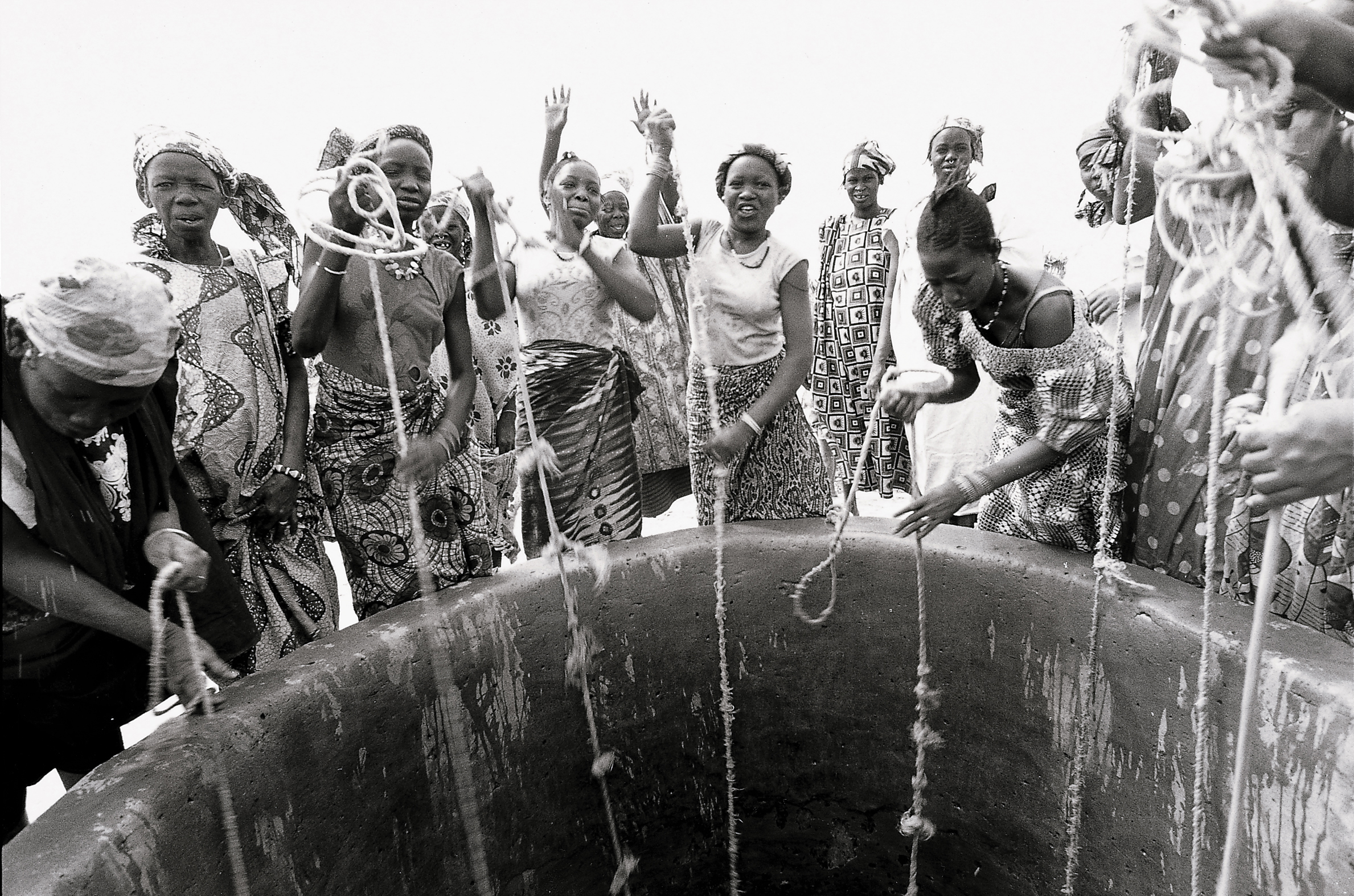Fifty years of fighting for bread and justice

Behind the simple name Bread for all is a radical Swiss charity which has been working to change Switzerland’s relationship with the developing world for 50 years.
Set up by the Swiss Protestant churches at the height of decolonisation in Africa, Bread for all, or Bread for Brothers as it was known at first, was part of a new aid and development movement which was looking for fresh ways to support newly-independent populations.
Partly inspired by liberation theology ideas coming from Latin America, the churches’ “development service” took the approach that donating money was no longer enough, as Bread for all’s head of development policy Miges Baumann tells swissinfo.ch.
The time had come for Switzerland to look at its own policies and practices in important areas such as trade and finance.
swissinfo.ch: What kind of change has Bread for all been advocating and in what areas has it advanced its goals?
Miges Baumann: We can’t change the whole world, that’s clear, but we can try to influence the relationship between Switzerland – Swiss companies, consumers and the government – and developing countries.
One of the important successes in which Bread for all has played a major role is the fair trade movement.
We were one of the first to push for a change in trade relations between North and South and I myself was one of the people involved in looking into the conditions in which pineapples for the Swiss market were produced in the Philippines in the 1980s.
We tried to have a social clause in these contracts between the large Swiss retailer Migros and Del Monte and we succeeded, but it was just the start of a long learning phase on how to change trade relations.
By 1992 the fair trade foundation Max Havelaar was created by Bread for all in collaboration with other Swiss organisations [Caritas, Swiss Catholic lenten Fund, Swiss Interchurch Aid, Helvetas and Swissaid].
The Swiss are now the world champions in the consumption of fair trade products.
swissinfo.ch: How did Bread for all build on this success?
M.B.: Of course it’s easier to see with agricultural products how they are produced and where they come from but with other products like textiles or electronic goods it becomes much more complicated.
Bread for all is active in monitoring the industries for these key product groups and keeps up dialogue with certain companies.
After a pilot project with Hewlett Packard we have now moved on and we’re involved with a worldwide network of like-minded organisations called Make IT Fair which is tackling the electronics industry as a whole.
swissinfo.ch: Bread for all has also taken on a watchdog role, keeping an eye on the activities of Swiss companies in developing countries. To what extent can you influence corporate responsibility?
M.B.: Through our public campaigns we try to improve the situation of the workers or the communities affected by certain companies or projects.
In March this year Bread for all, along with the Swiss Catholic Lenten Fund, published a report into the mining activities of Swiss commodities giant Glencore in the Democratic Republic of Congo.
The report accused the company of human rights abuses, child labour, pollution and tax evasion [allegations denied by Glencore].
In June we presented information on another Swiss company, this time active in Sierra Leone – Geneva-based Addax Bioenergy.
The company was buying up a lot of land, or leasing it for 50 years, to produce sugar cane to be transformed into ethanol for the European market.
We were called by the churches of Sierra Leone because they noted that there were problems with how the company was dealing with the communities and so we decided to look closer into relations there.
swissinfo.ch: Apart from fair trade and corporate responsibility, two other key priorities of Bread for all are the right to food and equality in climate change. Why these issues?
M.B.: We don’t deal with climate change as an environmental issue but as a question of justice, because it is the industrialised countries of the North that are responsible for this phenomenon while especially the poor people of the South are the ones severely affected by climate change.
It is a priority issue for the NGO because it endangers all the progress made in development in the last decades.
What we do with our partners in the South is we try to build up their capacities to get more resistant to what’s happening and work out how to react to this. The other side is to lobby here in the North so that we can mitigate and reduce the emissions of harmful gases.
As for food security, Bread for all supports the need for direct food aid in acute situations such as currently in East Africa this but we also aim to look to the future.
Food aid is the first step and then a second step would be to help these people to develop their own capacities to produce enough food. The third step, which we are also involved in, is to change the framework in which this development should take place.
swissinfo.ch: Part of that is also financial fairness, in which Switzerland has a particular interest. How important are the ethics of the financial marketplace to Bread for all?
M.B.: We have campaigned for a long time on this issue but only now when other states put pressure on Swiss banks and the Swiss system do we see some movement on banking secrecy.
Part of Switzerland’s wealth is based on unfair conditions and unfair behaviour towards other states and other people historically, and we have to change that.
But there has been progress and Switzerland now helps succeeding governments to very quickly recover funds stolen by dictators. It is now almost impossible for politically exposed people to hide their money in Switzerland.
Bread for all is the development service of the Protestant churches in Switzerland.
Through partner organisations it supports about 350 development projects and programmes in 55 countries in Africa, Asia and Latin America.
In addition, it lobbies governmental authorities, parliament and the economic sector in Switzerland and worldwide for a more equitable and sustainable development framework.
Some of the key issues for Bread for all are the right to food, sustainable development and climate change, fair trade, corporate social and environmental responsibility and fair international finance.
Founded in 1961, Bread for all has an annual budget of SFr17 million ($20 million) and employs 35 people. Its headquarters are in Bern.

In compliance with the JTI standards
More: SWI swissinfo.ch certified by the Journalism Trust Initiative















You can find an overview of ongoing debates with our journalists here . Please join us!
If you want to start a conversation about a topic raised in this article or want to report factual errors, email us at english@swissinfo.ch.